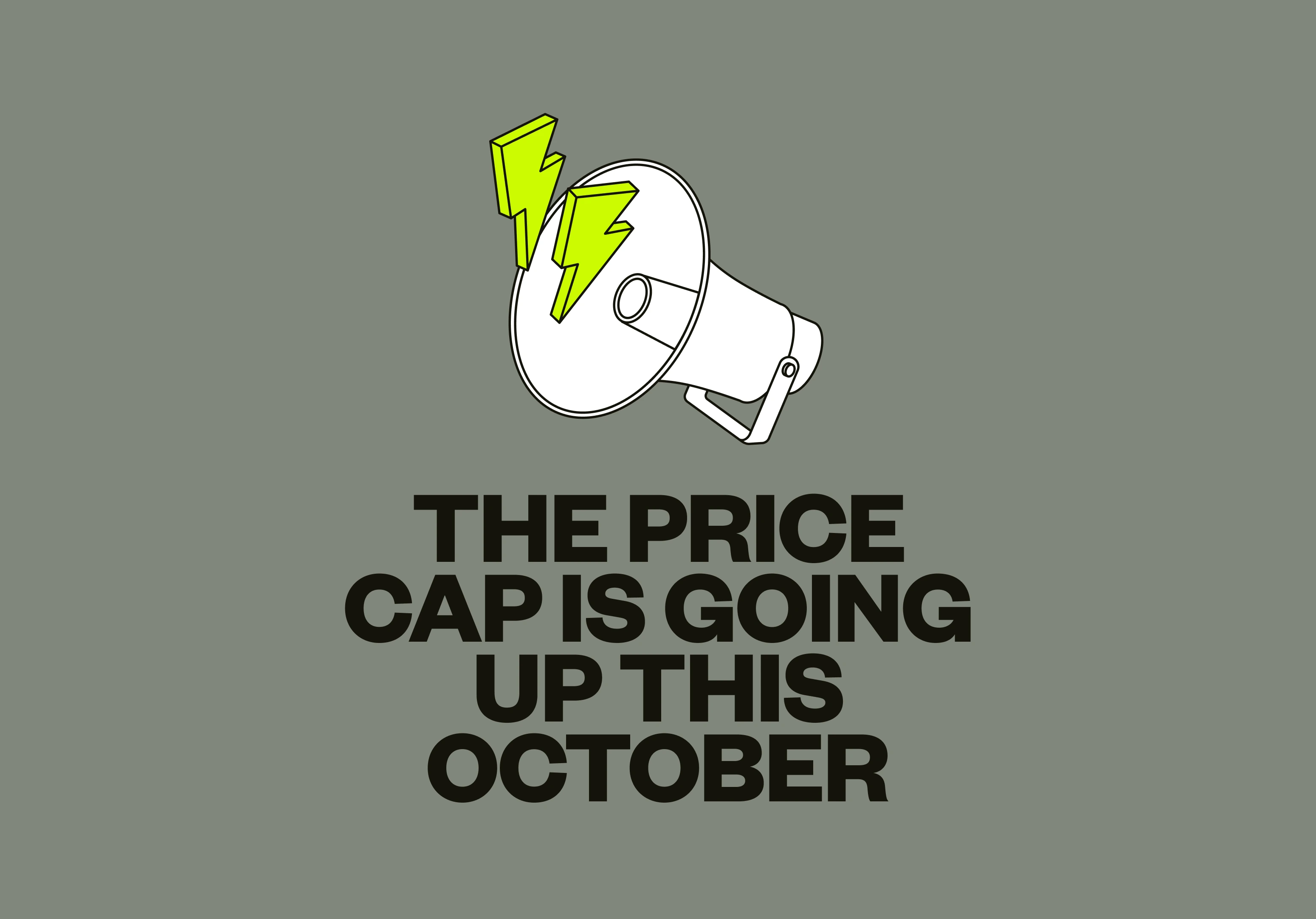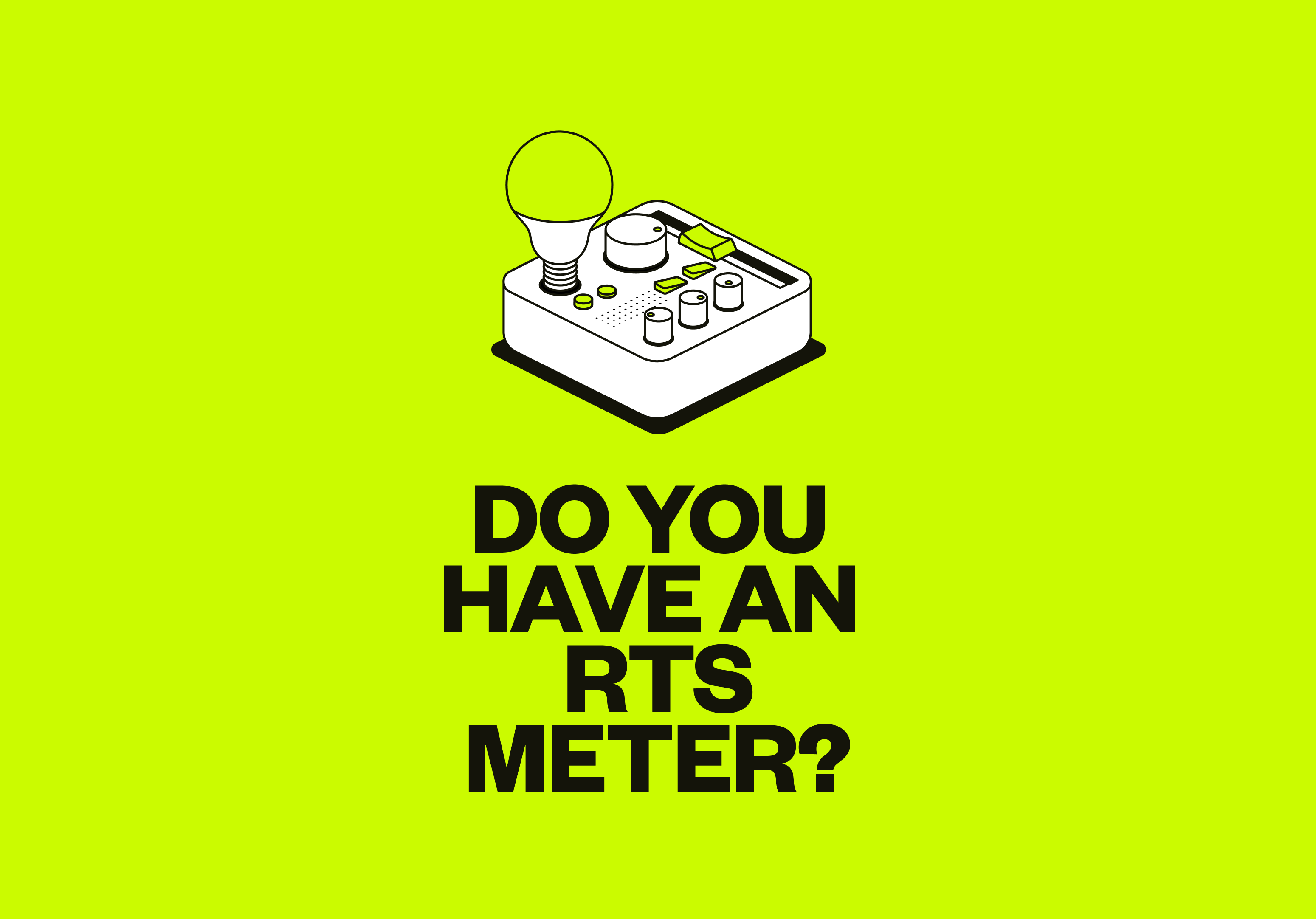August 2025
Energy Prices Are Rising This October
As of October 1, 2025, the energy price cap in the UK will rise by 2%, increasing the average annual dual fuel bill from £1,720 to £1,755.

On October 1, 2025, the UK’s energy price cap will rise by 2% (£35). For customers on standard variable tariffs, this means the average yearly dual fuel bill will go up from £1,720 to £1,755. This rise, announced by Ofgem, is mainly caused by global wholesale market changes, and will cover the period of October to December 2025.
What is the Energy Price Cap?
The energy price cap, created by Ofgem in 2019, limits the maximum amount that energy suppliers can charge per unit of gas and electricity on standard variable tariffs. It aims to protect consumers from heavy charges, while supporting a fair energy market. Customers on fixed rate tariffs aren’t affected.
Reasons Behind the Increase
Prices are going up because of a few key factors:
- Wholesale energy costs: Global events, like political tensions and supply chain issues, have led to higher wholesale gas and electricity prices.
- Grid and policy costs: It costs more to maintain the energy network and meet government regulations, which adds to your bill.
How This Affects You
If you’re on So Flex or So Flex Green, our standard variable tariffs, we’ll be in touch soon to let you know your new unit rates and standing charges, effective from 1 October, 2025. It's important to note that although the cap sets a limit on unit rates and standing charges, your bill still depends on your energy use.
We'll also contact customers whose Direct Debit payments need to change due to this update. This will depend on energy use and account balance. There’s nothing you need to do right now, we’ll be in touch if you’re affected.
How to protect yourself from price changes
If you'd like to avoid future price changes, you could consider switching to a fixed-rate tariff. Energy prices change in line with the wholesale market, but switching to a fixed-rate tariff offers you price certainty and security against market changes.
A fixed-rate tariff locks in your unit rates for a set period, usually 1 or 2 years, keeping your bills predictable over the life of the contract. If you're thinking about switching, head over to our tariff options to find the latest fixed-rate tariffs.
Energy-Saving Tips
Being more energy-efficient can help you deal with rising costs. Here are a few tips to try:
- Efficient heating: Set your thermostat to the lowest comfortable temperature, and use the radiator controls in each room separately.
- Appliance use: Turn off appliances at the wall when not in use, rather than leaving them in stand-by mode.
- Lighting: Use LED bulbs and make the most of natural light during the day.
- Smart meter: With a smart meter, you can keep a close eye on how much you’re spending in pounds and pence, on the In-Home Display (IHD). This way, you can see how to be more energy-efficient around the house.
For more tips, check out our Energy Saving Tips.
We’re here to help
We understand that rising energy costs can be challenging. We’re here to help if you’re struggling to pay your energy bills:
- Warm Home Discount: Eligible households can receive a one-off discount on their electricity bill.
- So Energy Help: Visit our Help Page for detailed information and support options.
- ECO4 support: If you get certain qualifying benefits, you could be eligible for energy-efficiency upgrades through the ECO4 scheme. Check your eligibility.
For government-backed support schemes, including Cold Weather Payments, visit http://GOV.UK .

.webp)





